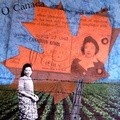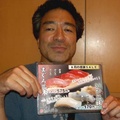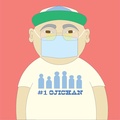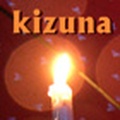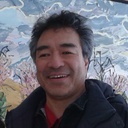
Norm Masaji Ibuki
@MasajiWriter Norm Masaji Ibuki lives in Oakville, Ontario. He has written extensively about the Canadian Nikkei community since the early 1990s. He wrote a monthly series of articles (1995-2004) for the Nikkei Voice newspaper (Toronto) which chronicled his experiences while in Sendai, Japan. Norm now teaches elementary school and continues to write for various publications.
Updated August 2014
Stories from This Author
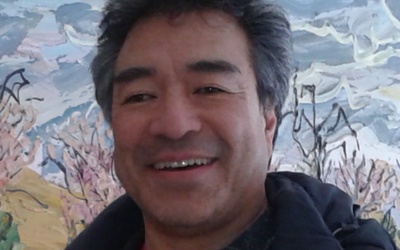
Raymond Moriyama's Sakura Ball Speech - Part 2
Aug. 16, 2010 • Norm Masaji Ibuki
Read Part 1 >>CHAPTER TWO—AS A YOUTH 12/13 AND 18War is hell! Physically facing an enemy is hell! It is even more of a psychological hell when your own country, the country of your birth, without warning, insensitively and officiously stamps you an “enemy alien,” disowns you and expels you to an internment camp in the mountains far away from home. It was referred to in the House as a minor incident on the West Coast. Father was sent to …
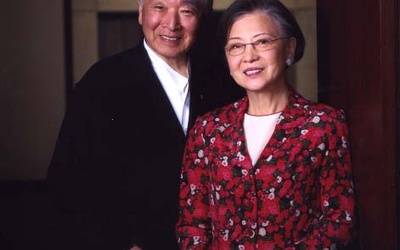
Raymond Moriyama's Sakura Ball Speech - Part 1
Aug. 9, 2010 • Norm Masaji Ibuki
One of the most famous Canadian Nisei names is that of Raymond Moriyama, the internationally renowned architect of the Canadian Embassy in Tokyo, the new Canadian War Museum in Ottawa and the Bata Shoe Museum in Toronto. Moriyama, 80, was imprisoned along with 21,000 Canadian Nikkei during World War Two. His family was held at the Bayfarm, British Columbia internment camp. It was during this tumultuous period of his life that he built his famous ‘treehouse’ which has since been …
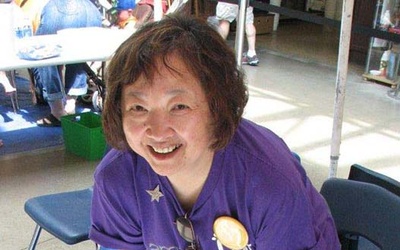
NAJC President Terumi Kuwada Interview
July 29, 2010 • Norm Masaji Ibuki
Come this fall, Terumi Kuwada, 63, the current National Association of Japanese Canadians (NAJC) will be stepping down to make way for her successor. As a Canadian community at a crossroads, it’s important for us to be proud of the contributions of Nikkei throughout Canada’s history towards helping build this nation’s sense of who and what it is as a multinational haven that is the envy of the world. However, as we have, to a certain extent, moved beyond the …
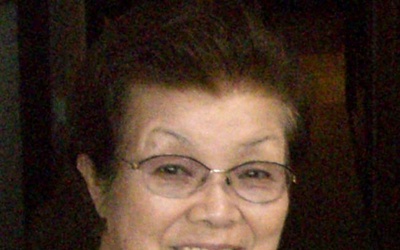
My Aunt Hiroko Nagaike Sensei - Part 2
July 22, 2010 • Norm Masaji Ibuki
Read Part 1 >>Sensei’s eldest son, Fumiyasu, 61, is now the official head of the clinic, carrying on in traditional fashion. Her two other sons are also doctors: Yasuo is a dentist in Tokyo and Hiroshi has his own clinic in Saitama. However, the future of the women’s clinic is an uncertain one as there are no grandchildren in line to carry on the legacy into a third generation. The unobtrusive, beige-tiled clinic is located in the remarkably tight and …
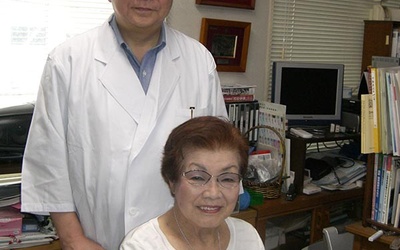
My Aunt Hiroko Nagaike Sensei - Part 1
July 15, 2010 • Norm Masaji Ibuki
One of the greatest laments that I have for the pre-WW2 immigrant generation is that our connections with Japan have largely disappeared. When I went over to Japan in 1995, one of my intended goals was to make some sort of connection with the relatives who I had grown up hearing about on odd occasions. I knew little about both families: Mom’s siblings had visited their family in Kumamoto-ken. As an adult I learned that there was a mountain named …
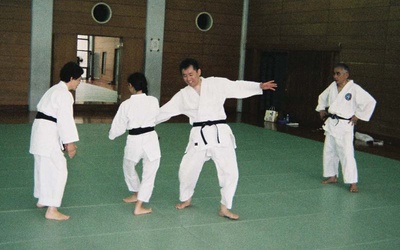
Remembering Thomas Makiyama Sensei
April 7, 2010 • Norm Masaji Ibuki
Whenever I go back to Japan these days, it is really with more of a sense of mission, reevaluating my relationship with Japan and my identity of which being Nikkei is significant. Even after having lived in British Columbia for three years, one in South Slocan where I lived for a short time in Lemon Creek visiting New Denver (both former internment camp sites) several times, and having lived in Japan for nine years, my understanding of who and what …
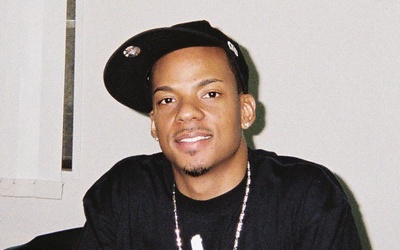
“I am an American first and foremost and I am black” -- American Enka singer Jero
Feb. 1, 2010 • Norm Masaji Ibuki
Today, in the uniquely traditional world of Japanese enka, there is no bigger new name than Jero. Since writing a piece (“Jero and Me” ) earlier this year, I’ve been deeply intrigued about this American Nikkei singer who’s become a household name in Japan since his first CD, “Covers” (2008) followed by “Yakusoku” (“Promise”, 2009) and now “Covers 2”. I wanted to know what was behind the media hype. Japan loves the gaijin who wants to belong. What makes Jero …
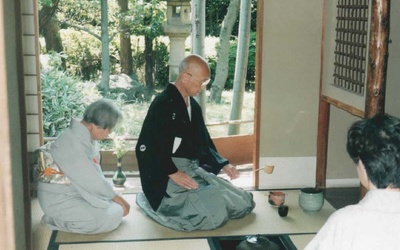
Japan Journal: A Repat's Story - Part 3
Jan. 11, 2010 • Norm Masaji Ibuki
Continuation of Hiroshi Kumagai’s story. Read Part 2 >> Missing Canada I wasn’t happy at all. In a way, I was angry but not really angry. I longed for Canada. I missed Lemon Creek. I wanted a friend who was a Canadian who speaks English. That’s what I wanted. I felt really lonely. My brother-in-law let me go to school there. That was also terrible because I was much taller and older than the others and I couldn’t speak Japanese. …

Japan Journal: A Repat's Story - Part 2
Jan. 4, 2010 • Norm Masaji Ibuki
Continuation of Hiroshi Kumagai’s story. Read Part 1 >> Going to Japan My father had land there (in Japan). That was the reason why he came to Canada: to send back money and hold on to the land he was responsible for. He didn’t want to lose it all in his generation. After father died, mother didn’t have much to do. She used to teach me Japanese. The Matsushitas were in Lemon Creek too. So Lily would come over to …
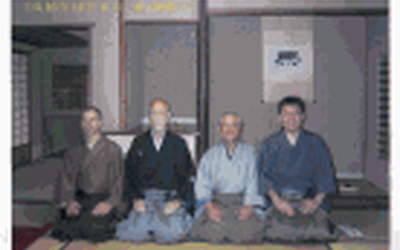
Japan Journal: A Repat's Story - Part 1
Dec. 28, 2009 • Norm Masaji Ibuki
Since I arrived in Japan a year ago, I’ve wanted to speak to Canadian Nikkei about their experience living here in Japan. I’ve met and talked with a couple who refused to be interviewed so I was especially pleased when Mr. Lloyd Hiroshi Kumagai contacted me after reading an article I’d written about aikido. Mr. Kumagai, 65, is a Canadian nisei who was born in Burquitlam, B.C., on March 15, 1931. His parents, Takeshi and Masako (nee Sasaki), were both …

